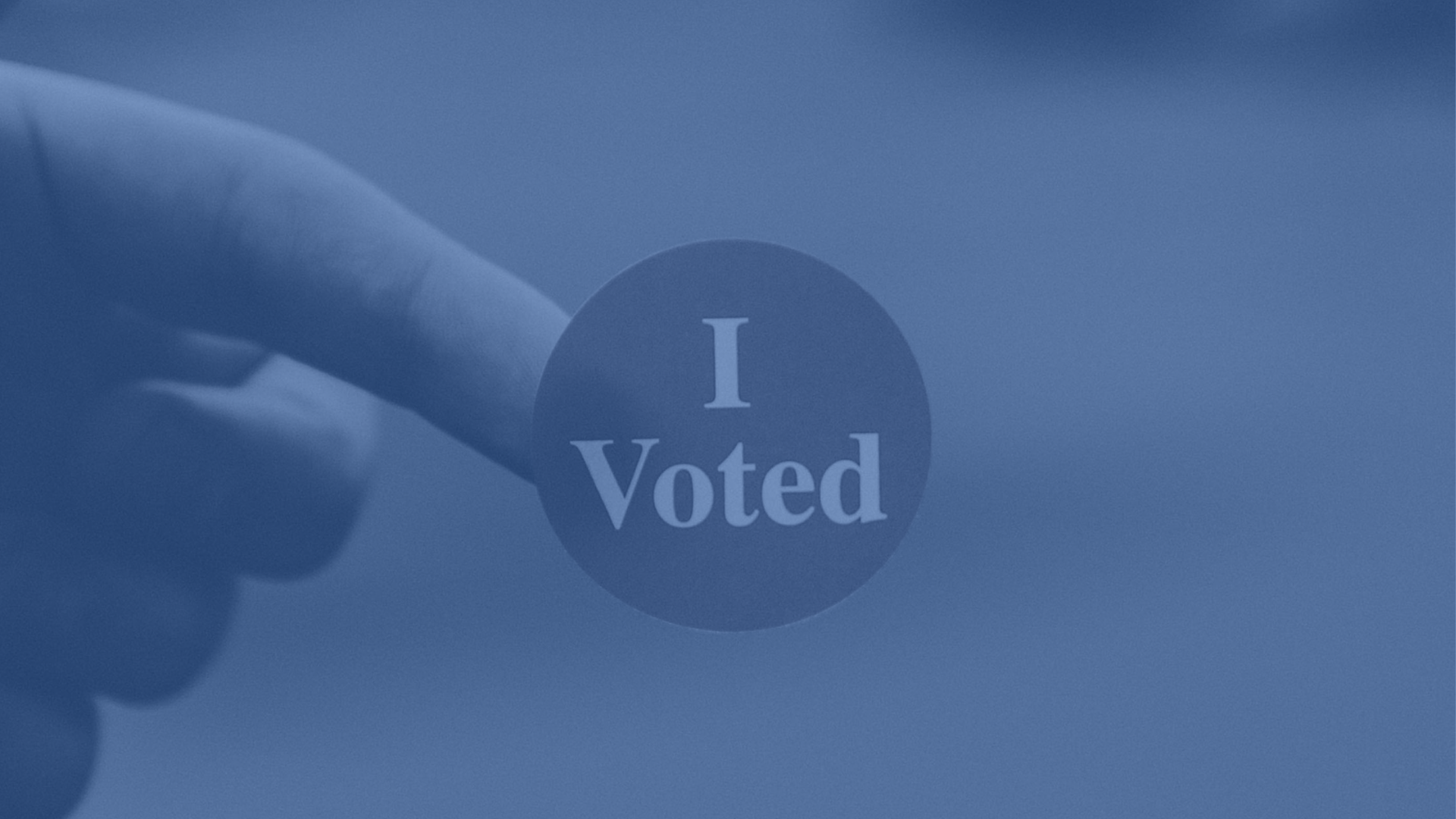Staying Power: Strategies for Women Incumbents
Read the memo here and the Appendix here.
Women incumbents face specific challenges when running for reelection. Staying Power, new research from the Barbara Lee Family Foundation, shows that voters think highly of women who own their achievement and stand up to critics. With clear, specific communication about their records, women incumbents can connect with voters and help close the gender gap in political office.
KEY FINDINGS:
- Voters recognize women and women of color are held to a different and higher standard when they run for office. In focus groups, many, but not all participants said that women governors and mayors are judged differently and more harshly, and treated differently than their male counterparts.
- Women incumbents must show, not tell. When it comes to a woman executive elected official and her record, voters don’t just assume she is doing a good job. They want her to show them she has gotten results and helped people. This is in line with previous BLFF research which found voters that assume men are qualified yet do not assume women are qualified. Previous BLFF research also shows that it is harder for women to establish their qualifications.
- Voter preferences for how a woman communicates her record can vary based on her race. However, a successful strategy for communicating a woman incumbent’s record was consistent for hypothetical women governors across race.
- If a woman incumbent decides to respond to criticism, voters want a timely and effective reply. When a woman and her record are attacked, voters want to see how she handles the critique. Damage can be done when an attack lingers while a woman decides whether or how to reply. If the attack is substantive, she should reclaim the narrative about her record by responding with specifics about her accomplishments. A strong response is a leadership test women can pass.
- A woman’s response to attacks on her record can maintain and impact her likeability and effectiveness. Voters will vote for a man they do not like if they believe he is qualified, but will not do the same for a woman. The same actions that increased likeability of women candidates for voters in this research also increased their perceived effectiveness. Those actions include centering families and small businesses, focusing on the outcomes of legislation for people, listening to residents about their priorities for the state, and having the values of hard work and responsibility. Previous BLFF research that likeability is a non-negotiable for women candidates. According to Staying Power, likeability and effectiveness are more strongly correlated now than ever before.

As American women begin to cast their votes in the 2024 November election, our new Gender on the Ballot poll, conducted by BSG, shows that “the economy and inflation” is their top concern, with abortion and immigration as second and third choices.
Read More
As the 2024 election comes into focus, women across the country are more interested in political issues and more motivated...
Read More
After almost two years of contending with Covid-19, women across the country increasingly believe that the pandemic is...
Read More
The Covid-19 pandemic has upended women’s lives, highlighted inequities in health care, education and the economy, and...
Read More
Women of all ages and political affiliations — particularly millennials and women of color—have become more politically...
Read More
Conducted by Benenson Strategy Group, this new research explores the sometimes thorny issue of "electability" as it relates...
Read More
The historic number of women elected in the fall has left women voters feeling energized and hopeful that these new...
Read More
Keys to Elected Office offers the most direct, must-know advice BLFF has gleaned for women elected officials and candidates,...
Read More


